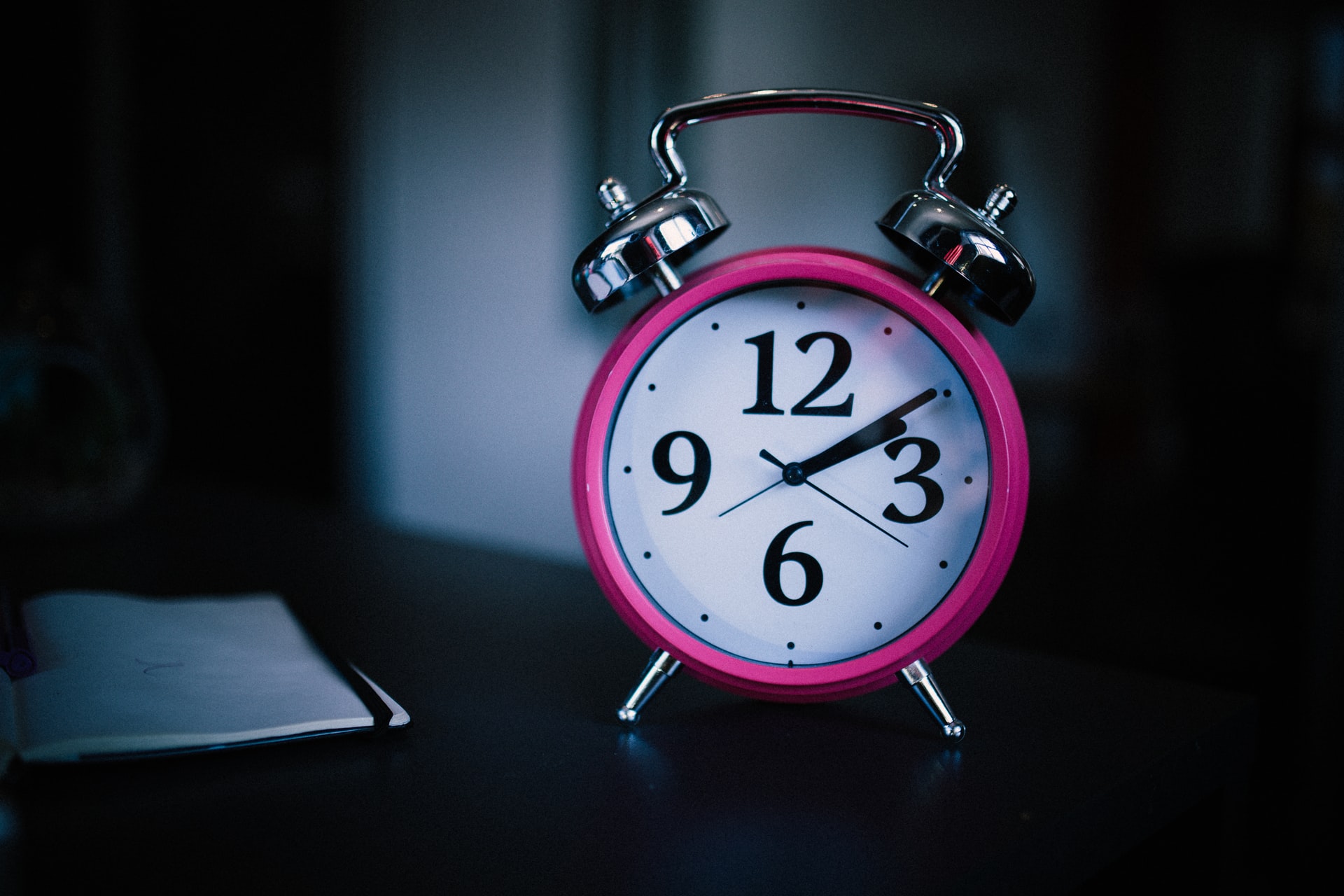SLEEP
- Are you getting enough?
- Do you have trouble going to sleep?
Most adults need between 6 and 9 hours of sleep every night.
The relationship between our sleep and our mental health is extremely close but many of us aren’t aware of just how important getting sufficient quality sleep is for our mental and emotional health.
Poor sleep can affect how you feel, making you experience negative emotions more strongly and making everyday life a struggle. Conversely, depression, anxiety, stress and other mental health conditions can all lead to developing a sleep disorder.
There is an associated relationship between sleep and mental health: taking good care of one can have the knock-on effect of improving the other.
Research suggests that a rested mind is a healthier mind and if you’re sleeping better then you’re living better.
- So how do we achieve it?
Try making simple changes to your daily routine and sleep environment and this could help improve your sleep.
Follow These 7 Steps:
Step 1 – Sleep likes routine, so if you can get up and go to bed at the same time each day, that’s a good starting point. This programmes the brain and internal body clock to get used to a set routine. So start thinking about how to maintain a regular routine.
Step 2 – Getting exposure to sunlight helps to set your body clock, which is important in telling your body when it’s time to sleep. Spending time outside can also help to boost your mood.
Step 3 – Exercise! You can either tie this in with getting exposure to sunlight, or find another way to include some exercise in your day. Either way, exercise helps us to create a sleep need, and will help your body to feel tired when it’s time for bed.
Step 4 – Prepare your bedroom. Your bedroom should be sleeping friendly, a place of calm and rest, with a relaxing environment. Your bedroom ideally needs to be dark, quiet, tidy and be kept at a temperature of between 18C and 24C.
Step 5 – Make sure you wind down before going to sleep. Winding down is a critical stage in preparing for bed. Follow roughly the same steps each evening to prepare yourself for sleep. There are lots of ways to relax like a nice bath, reading a book, meditation, listening to music or sounds, etc etc. Find the right one for you, we are all different.
Step 6 – Avoid using Smartphone’s, tablets or other electronic devices for an hour or so before you go to bed as the light from the screen on these devices will have a negative effect on sleep. Try to set a cut off time for when you put these devices away.
Step 7 – Avoid caffeine, alcohol, nicotine and other stimulants close to bedtime. These can all leave you feeling more awake at bedtime and can disrupt sleep.
Feel Good – REMEMBER – your sleep can help to improve both your Physical and Mental Wellbeing.
Practise Makes Perfect!




 I am the founder of Caroline Bronte the Counselling, Coaching and Therapy Company. I have worked as a successful counsellor, life coach and therapist for the last 20 +years and utilise various therapies to enhance my work.
I am the founder of Caroline Bronte the Counselling, Coaching and Therapy Company. I have worked as a successful counsellor, life coach and therapist for the last 20 +years and utilise various therapies to enhance my work.